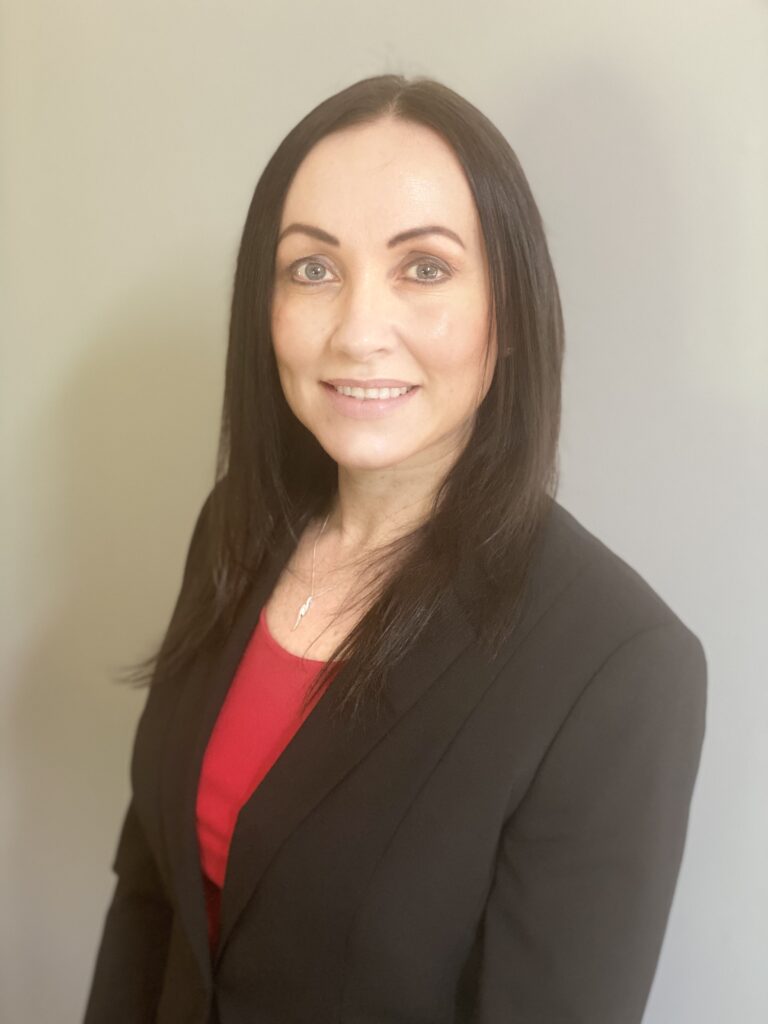
In March this year, OGUK’s D&I Task Group published their first-ever Diversity & Inclusion Survey Report. In doing so, they built a baseline for all future improvements in this area. The report highlighted five target key areas to improve our D&I performance. They were; inclusive and diverse leadership & culture, diversity & inclusion in SME’s, inclusive recruitment & flexible pathways, focus on 31-40 age group, and today’s topic –flexible working arrangements.
We sat down with Janice Mair, Director of People, Culture and Diversity at EnQuest, to hear her views on the importance of flexible working, and why it’s key to EnQuest.
Thanks for chatting with us, Janice – why not tell us about yourself?
My name is Janice Mair, I am a 46 year-old mum to my five year-old son and I live with my partner and also his two girls, (aged 11 & 14) stay with us when he is not working offshore.
I have worked, mostly in human resources, for 30 years and am currently the Director of People, Culture and Diversity for EnQuest plc. I am part of our Executive Committee and accountable for the human resources function. I also champion our commitment to diversity and inclusion.
When did you first identify flexible working as a key area of focus & why?
I have always supported people working flexibly, including before I had my own family. I can personally see the value in this to both the company and the individual.
In EnQuest last year, we went through a large reorganisation, and in keeping with our company’s values, we wanted to make sure we were doing everything we could to mitigate redundancies. It is difficult to have any positive outcomes from workplace redundancies but, listening to our employees, and mitigating job losses by allowing flexible working/job share is one thing we did do.
What actions have EnQuest taken in this space?
COVID-19 has changed the way the world thinks about our ways of working, and for us, this is true both on and offshore.
Onshore, like many other modern-thinking companies, for those who work five days, we are implementing a baseline of three days in the office, plus or minus agreed on a case-by-case basis. This recognises the feedback from our workforce which shows most of us want choice and better balance in our lives.
I have personal experience of my own partner having to exercise his statutory right to parental leave to spend more time at home, as his employer would not, and still does not, support and facilitate job share of offshore working flexibly.
At EnQuest, we recognise the work-life balance our employees want and support and facilitate 10 percent of our offshore employees working flexibly.
Would you encourage other companies to take up flexible working too?
Being open to change is a good thing. The way we used to work is a thing of the past. Progressive companies, who value inclusivity, by recognising people are more than just the job title is the culture of any future employer of choice. Employees who work flexibly, feel valued by their employer and have more discretionary effort to give – what’s not to like?
Any last thoughts?
I also believe that facilitating a good work-life balance for men and women today will ultimately help to close the gender imbalance we have and subsequently help close the gender pay gap too. The youth of today do not want the lifestyles they have seen from their absent parents. Creating workplaces today where flexibility is for everyone, will shape the culture of workplaces for future generations. It starts now.
You can read the full OGUK Diversity & Inclusion Report at: www.diversityandinclusioninenergy.co.uk